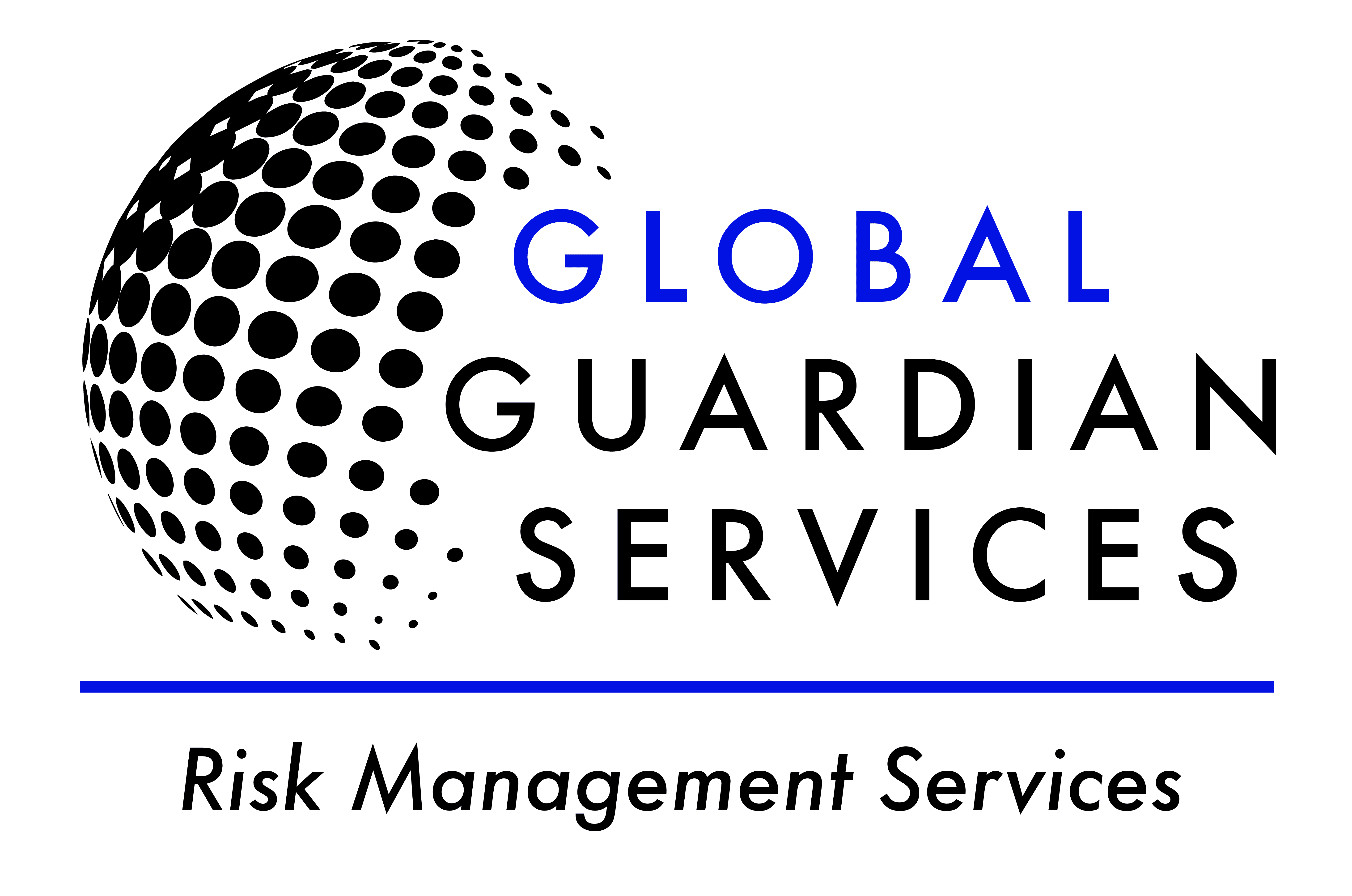 https://www.globalguardianservices.com/wp-content/uploads/2025/06/What-Is-Claims-Administration_-A-Simple-Guide-for-Risk-Managers.jpg
1250
2000
Abstrakt Marketing
/wp-content/uploads/2025/01/GGS_BLUE.png
Abstrakt Marketing2025-06-25 05:29:562025-09-02 09:11:06What Is Claims Administration? A Simple Guide for Risk Managers
https://www.globalguardianservices.com/wp-content/uploads/2025/06/What-Is-Claims-Administration_-A-Simple-Guide-for-Risk-Managers.jpg
1250
2000
Abstrakt Marketing
/wp-content/uploads/2025/01/GGS_BLUE.png
Abstrakt Marketing2025-06-25 05:29:562025-09-02 09:11:06What Is Claims Administration? A Simple Guide for Risk ManagersWhat to Look for in a Third-Party Claims Administrator (TPA)
When you’re evaluating a third-party claims administrator (TPA), you’re not just selecting a vendor. You’re choosing a long-term operational partner. The right TPA can streamline your claims process, improve claimant satisfaction, and strengthen compliance. The wrong one can create bottlenecks, increase risk exposure, and erode trust with policyholders and stakeholders.
For claims leaders, risk managers, and operational executives exploring claims outsourcing, understanding what makes a TPA truly effective is essential. This guide walks you through the top reasons organizations turn to TPAs and offers a clear claims outsourcing checklist of what to look for, so you can make a confident, well-informed choice.
Why Organizations Turn to Third-Party Claims Administrators
Outsourcing claims isn’t a sign of weakness—it’s a strategic move that supports scalability, specialization, and stronger outcomes. The demands placed on claims departments today are greater than ever, from regulatory scrutiny to rising customer expectations. That’s where a capable TPA like Global Guardian Services can help.
Increasing Claim Volume and Limited In-House Capacity
As organizations grow or face unexpected surges like natural disasters or mass liability events, internal claims teams often hit capacity. Even high-performing teams can struggle to keep up when claim volume spikes. Third-party claims administrators offer the extra bandwidth needed to handle the load with licensed claims professionals without sacrificing quality.
Access to Specialized Knowledge and Licensing
Claims in niche areas, such as heavy equipment, commercial auto and property catastrophes, or workers’ compensation, require adjusters with deep expertise and proper state licensure. A seasoned TPA offers this level of specialization, ensuring each claim is handled by professionals who understand the specific risks, technical requirements, and valuation methods these complex files demand.
Risk, Compliance, and Customer Experience Pressures
Claims errors don’t just slow things down. They can trigger regulatory penalties, damage your brand, or lead to litigation. A trusted TPA helps you navigate these pressures by adhering to strict compliance protocols while maintaining a consistent, empathetic customer experience across every touchpoint.
Choosing a TPA: A Checklist for Claims Leaders
When it comes to selecting a third-party claims administrator, there’s no one-size-fits-all approach. But there is a smart framework. Below are the critical traits to evaluate and the questions you should be asking.
Proven Experience in Your Industry and Claim Types
Look for a partner with a deep understanding of your specific lines of business. If you manage a mix of commercial auto, general liability, or inland marine claims, the TPA should be able to show relevant case experience, not just a general promise of versatility.
Ask: What similar claims programs have you managed? Can you share specific results or lessons learned?
Licensed, Tenured Adjuster Network
Licensing isn’t optional. Especially in multi-state or regulated claims environments, your TPA must maintain a network of qualified, state-licensed adjusters. Tenure also matters. Experience translates into fewer errors and faster resolutions.
Ask: What percentage of your adjusters have 5+ years of experience? How do you manage licensure across states?
Technology Integration and Claims Platform Compatibility
A modern TPA should work within your existing systems, rather than force you to reconfigure your tech stack. Seamless integration reduces manual entry, improves data quality, and shortens turnaround times.
Ask: Can you integrate with our CMS or FNOL intake tools? How do you handle data transfer and privacy?
Transparent Reporting and Real-Time Data Access
You should never have to wonder where a claim stands. Look for a TPA that provides real-time dashboards, scheduled performance reporting, and customized analytics that match your KPIs.
Ask: What reporting cadence do you offer? Can we access claim statuses and field notes in real time?
Strong Compliance and Quality Control Processes
Compliance shouldn’t be reactive. Your TPA should have a proactive file review process, standardized documentation protocols, and a deep understanding of regulatory environments across jurisdictions.
Ask: How do you audit your own files? What’s your internal process for ensuring compliance consistency?
Scalable Support Without Sacrificing Quality
Whether you’re dealing with a catastrophe or a rapid growth phase, your TPA should be able to scale its support without a drop in performance. Surge readiness planning, overflow strategies, and bench depth all matter.
Ask: How do you scale during high-volume events? Do you maintain standby staff or on-call resources?
Clear Communication and Accountability Structure
Communication makes or breaks a partnership. You need a dedicated point of contact, structured escalation paths, and alignment on file updates and reporting cycles.
Ask: Who will be our day-to-day contact? What is your process for issue escalation or special handling?
Subrogation and Recovery Awareness
Missed subrogation opportunities leave money on the table. Your TPA should identify these moments early in the lifecycle and flag them for your recovery teams, or handle the process directly.
Ask: Do you identify subrogation opportunities? How do you ensure these get flagged consistently?
24/7 Claims Intake and Triage Capability
Losses don’t always happen between 9 and 5. Your TPA should offer around-the-clock intake and triage to capture first notice of loss (FNOL), escalate urgent cases, and begin documentation immediately.
Ask: Do you offer 24/7 call center support? How quickly can your team begin field deployment after FNOL?
Cultural Alignment and Customer-Centricity
You’re trusting a TPA with your policyholders’ experience. Their tone, empathy, and professionalism will reflect directly on your brand. Make sure they match your expectations.
Ask: How do you train adjusters on customer experience? Can we listen to call recordings or review customer feedback?
Looking for a partner that meets the highest standards in claims outsourcing? Learn how Global Guardian Services delivers expert, scalable claims administration across every line.
Red Flags to Watch for When Evaluating a TPA
The wrong partnership can quietly create delays, cost overruns, and reputational damage. Watch for these warning signs during your evaluation.
Overpromising Without Operational Proof
Be wary of big promises without tangible proof. A solid TPA should be able to back up claims with case studies, client references, or performance metrics.
If they’re vague about staffing numbers, systems, or timelines, that’s a red flag.
Inflexible Workflows or One-Size-Fits-All Approaches
A quality TPA will adapt to your needs, not ask you to conform to theirs. If their process seems rigid, or they resist customization, it could lead to long-term inefficiencies and friction.
Delays in Communication or Lack of Transparency
If the TPA is slow to respond during the RFP process, disorganized during calls, or evasive about file status or metrics, take note. Poor communication during sales often leads to bigger problems after onboarding.
How the Right TPA Improves Outcomes and Reduces Risk
Beyond operational lift, the right TPA delivers long-term strategic value.
Faster Cycle Times and Stronger Recoveries
An efficient, well-staffed TPA keeps files moving. That means faster resolutions, less leakage, and more recovery opportunities identified and pursued.
Lower Compliance Risk and Better Documentation
Experienced third-party administrators document thoroughly, review consistently, and align with evolving regulatory expectations, keeping you ahead of audits and legal risks.
Happier Claimants and Stronger Brand Reputation
When policyholders receive timely updates, professional treatment, and empathetic service, it strengthens your brand. That’s especially important during difficult or catastrophic claims.
Find a Trusted Third-Party Claims Administrator in GGS
Global Guardian Services delivers third-party claims administration built on experience, integrity, and results. Our team integrates seamlessly with your existing workflows and offers 24/7 support, and scales alongside your needs. From complex liability and property claims to surge events and specialized investigations, we’re ready to help you handle today’s challenges while preparing for tomorrow’s growth.
Let’s talk about how we can support your team with smarter, stronger claims administration.
Share This Post
More Like This
 https://www.globalguardianservices.com/wp-content/uploads/2025/06/What-Is-Claims-Administration_-A-Simple-Guide-for-Risk-Managers.jpg
1250
2000
Abstrakt Marketing
/wp-content/uploads/2025/01/GGS_BLUE.png
Abstrakt Marketing2025-06-25 05:29:562025-09-02 09:11:06What Is Claims Administration? A Simple Guide for Risk Managers
https://www.globalguardianservices.com/wp-content/uploads/2025/06/What-Is-Claims-Administration_-A-Simple-Guide-for-Risk-Managers.jpg
1250
2000
Abstrakt Marketing
/wp-content/uploads/2025/01/GGS_BLUE.png
Abstrakt Marketing2025-06-25 05:29:562025-09-02 09:11:06What Is Claims Administration? A Simple Guide for Risk Managers
How Efficient Claims Administration Improves Customer Satisfaction and Retention
Claims Administration
What We Do
Contact Us
Los Angeles Office:
9229 Wilshire Blvd, Suite 200, Beverly Hills, CA, 90210
New York Office:
16 Fair St, Carmel, NY 10512
